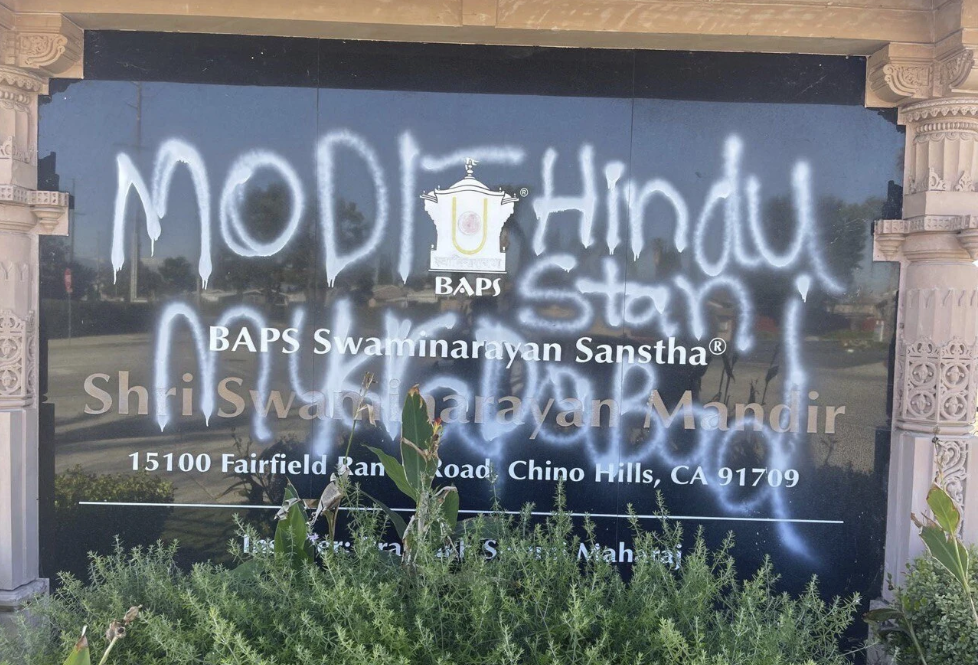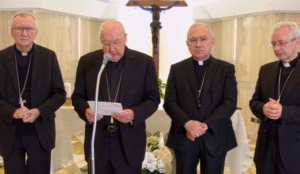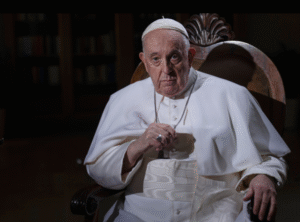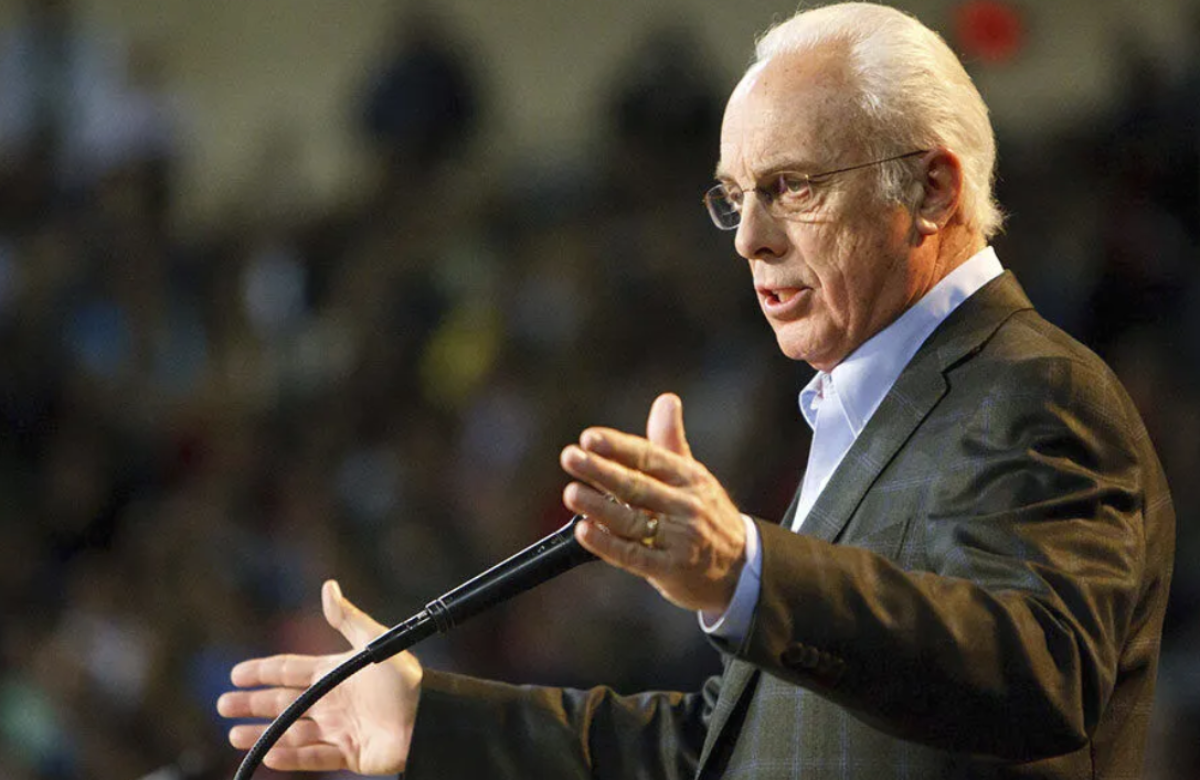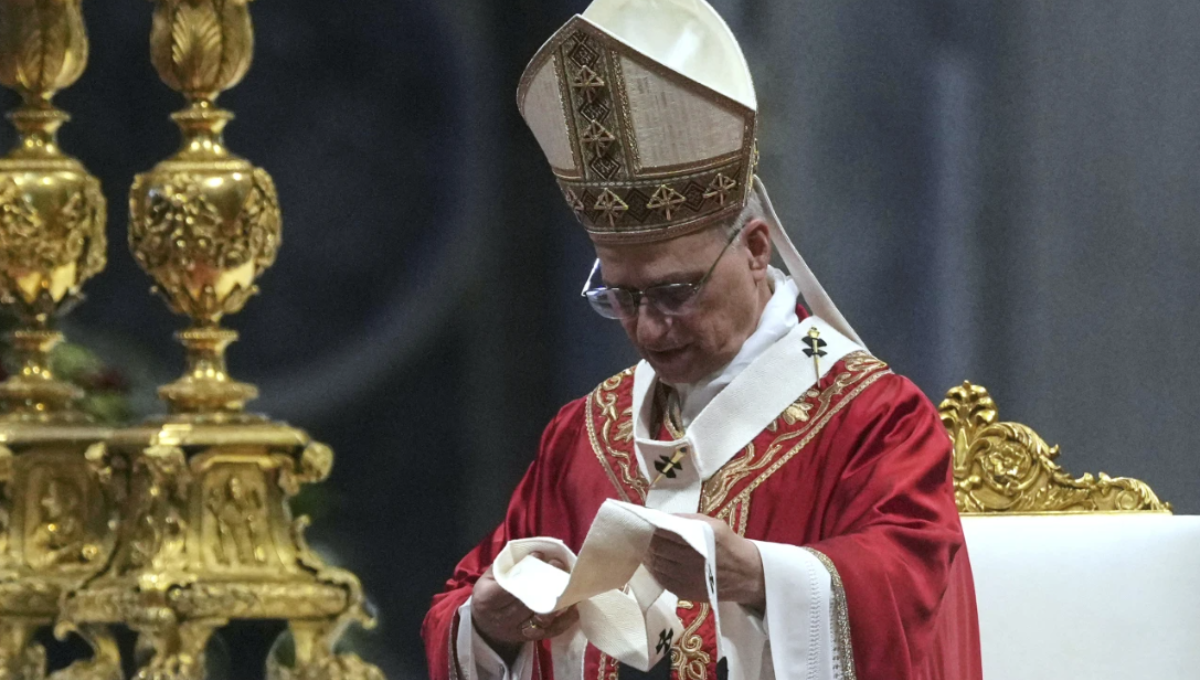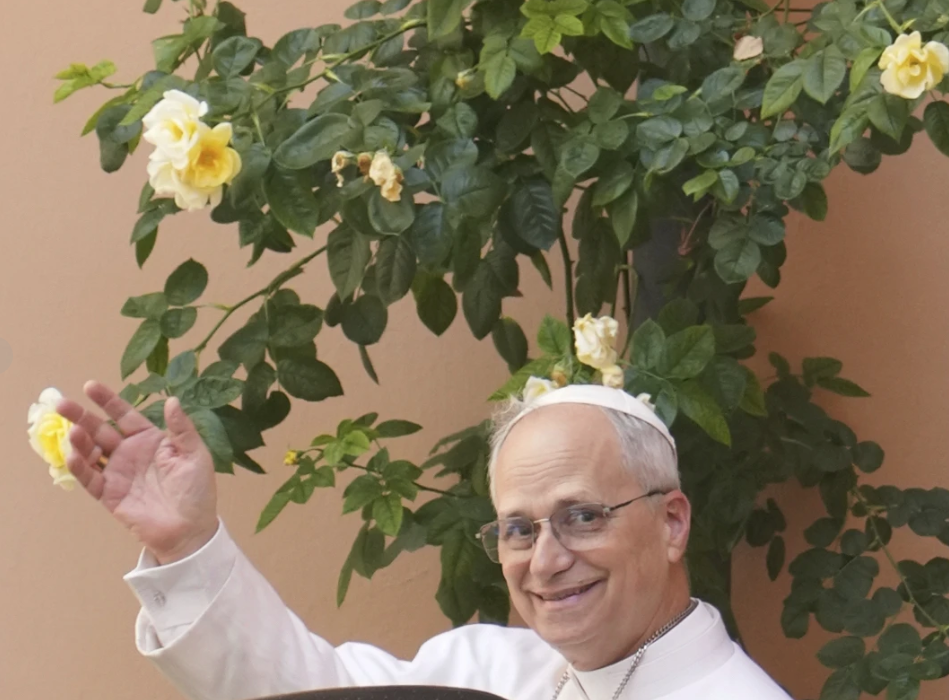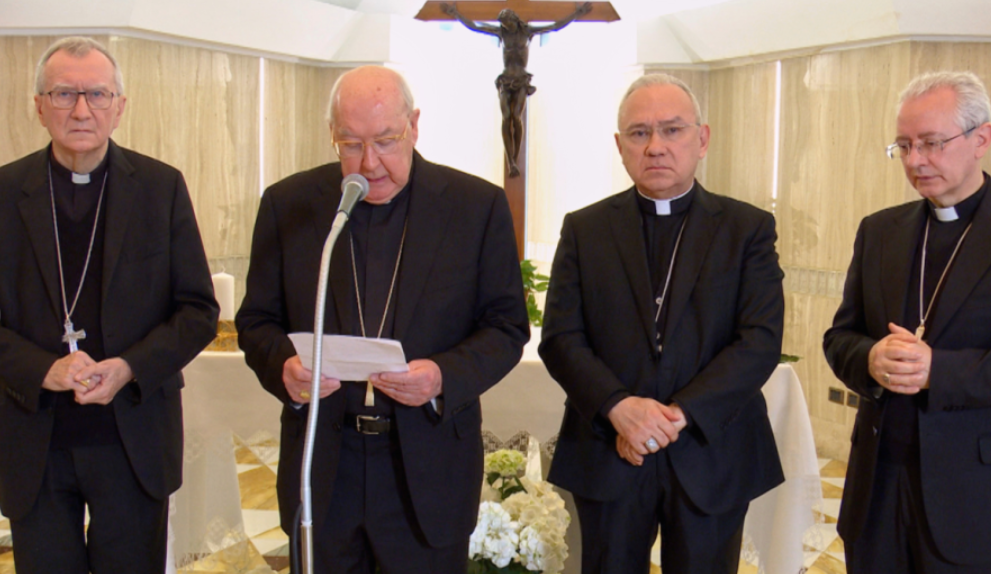The recent vandalism of a prominent Hindu temple in Southern California has raised concerns among South Asian communities, following a series of similar incidents in the past year.
On the morning of March 8, devotees who arrived early at the BAPS Shri Swaminarayan Mandir in Chino Hills were shocked to discover hateful graffiti on the temple’s sign, including the phrase “Hindustan Murdabad,” meaning “death to Hindus and India.” The graffiti was spray-painted on a pink stone sign bearing the temple’s name, according to Mehul Patel, a volunteer with the organization.
Offensive graffiti targeting India’s Prime Minister Narendra Modi was also scrawled on one of the outer brick walls and nearby sidewalk. Authorities from the San Bernardino Sheriff’s Department have stated that they are treating the incident as a hate crime, but no suspects have been identified so far.
Patel expressed that the incident “instilled a sense of fear” among members of the community. The impact of the vandalism was felt globally, reaching as far as India, where major media outlets covered the incident. India’s Ministry of External Affairs also condemned the attack.
Ministry spokesperson Randhir Jaiswal strongly denounced the act, stating, “We condemn such despicable acts in the strongest possible terms. We urge local law enforcement authorities to take strict action against those responsible and ensure the security of places of worship.”
Patel mentioned that the temple attracts nearly 1,000 visitors every day, with thousands more attending during Diwali and temple festivals.
“Although we have security measures in place, incidents like this make you reconsider your safety, especially when you have young children,” Patel said.
The temple, the largest of its kind in California, is situated on a 20-acre plot by a freeway. Its arches and domes are carved from pink sandstone, while the interior is adorned with white Italian marble. In October 2023, the organization also built the largest Hindu temple outside of India, located in Robbinsville, New Jersey. The Swaminarayan sect, a branch of Hinduism, manages over 1,300 temples and 5,000 centers worldwide, according to their website.
This is not the first time the Bochasanwasi Shri Akshar Purushottam Swaminarayan Sanstha (BAPS) has been targeted by vandals. Earlier, on September 16, the organization’s temple in Melville, New York, was defaced with similar graffiti. Nine days later, their temple near Sacramento was also vandalized, and another incident occurred at the Newark, California, temple in December 2023. All these incidents are being treated as hate crimes and are under investigation.
The criticism of Modi, who has overseen a rise in Hindu nationalism in India, seems to be a recurring theme in these acts of vandalism. Other Hindu temples outside of BAPS have also been targeted recently. In Hayward, California, Vijay’s Sherawali Temple, which is dedicated to the Hindu Goddess Durga and operated by a family of Fijian immigrants, was vandalized in January 2024 with graffiti calling Modi a “terrorist” and the slogan “Khalistan Zindabad” (Long live Khalistan).
Khalistan refers to the envisioned independent state that Sikh separatists hope to establish in the Indian state of Punjab, the birthplace of Sikhism. A violent Khalistani insurgency in India was suppressed by the government in 1984, and the movement has been declared a terrorist organization by India. Currently, Khalistani activists in the diaspora are organizing a non-binding referendum across the U.S. to push for an independent Khalistan, with voting set to take place in Los Angeles on March 23.
In the summer of 2023, tensions between India and Canada escalated following accusations by Canadian Prime Minister Justin Trudeau that the Indian government was involved in the assassination of Hardeep Singh Nijjar, a Canadian citizen killed outside a Sikh temple in Surrey, British Columbia. In November 2023, the U.S. Department of Justice revealed that an Indian government official was allegedly involved in a plot to assassinate Gurpatwant Singh Pannun, a prominent Sikh separatist leader based in New York who is leading the Khalistan referendum efforts. Additionally, in August, the FBI launched an investigation into a drive-by shooting targeting Satinder Pal Singh Raju, an associate of Nijjar, in Yolo County, California.
The recent temple vandalism incidents in Northern California were strongly condemned by local Sikh groups. There is ongoing division within the Sikh community, both in the diaspora and in India, over the issue of Khalistan.
Following the vandalism in Southern California, the Coalition of Hindus of North America took to X (formerly Twitter), suggesting a possible link between the graffiti incident and the upcoming Khalistan referendum in Los Angeles. Pushpita Prasad, a spokesperson for the group, expressed that, regardless of the perpetrators, “this repeated assault on the freedom of Hindus to gather in their place of worship is unacceptable.”
Prasad emphasized the significance of places of worship, saying, “We go to a place of worship to find solace. If that place becomes a target, how do you find solace there?”
Prasad emphasized the need for an open and thorough discussion on the motivations behind attacks on Hindu temples and acknowledged the existence of anti-Hindu hate. She urged for equal treatment of Hindu places of worship, advocating for them to be treated with the same respect as other religious spaces.
Another South Asian organization raised concerns about jumping to conclusions regarding the identity of the perpetrators before the completion of an investigation. Prachi Patankar, a board member of the interfaith Savera Coalition, pointed out that making assumptions without evidence only serves to deepen divisions within communities. The Savera Coalition represents Indian Americans of various backgrounds, including Hindus, Sikhs, Muslims, Dalits, and those unaffiliated with religion.
Patankar added, “Such incidents should never be used to scapegoat other minority religious communities, like the Sikh community, as it can lead to further marginalization and repression of the entire group.”
Patel stressed the importance of recognizing that Hindus are not a monolithic group and noted that the Chino Hills temple is a nonprofit institution, representing no single government, leader, or country.
“We are a Hindu temple in the United States,” Patel stated. “We are Indian Americans, but people from various backgrounds, even those not of Indian origin, practice Hinduism here.”
He expressed hope that surveillance footage, which captured two suspects surveying the area and tagging the temple, would help identify and apprehend them.
On March 9, members of the organization gathered outside their temple for a prayer service. A priest led the “Shanthi Path,” a blessing and prayer for peace.
Patel explained, “We prayed not just for our community, but also for the perpetrators. We believe in people’s right to express themselves, but it should be done peacefully, not with hate.”
